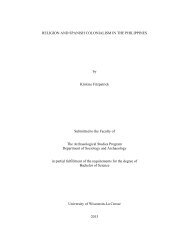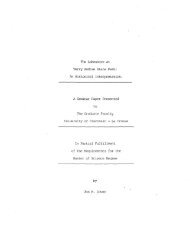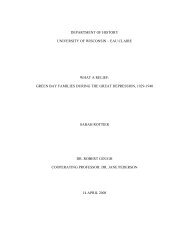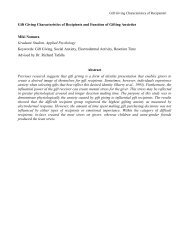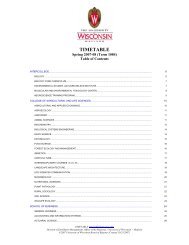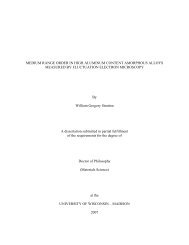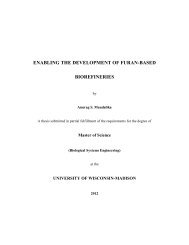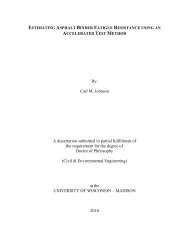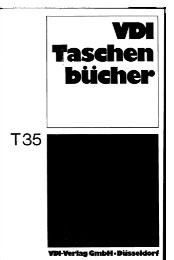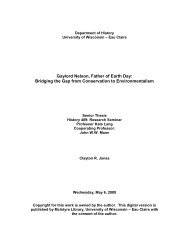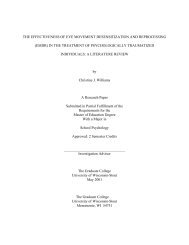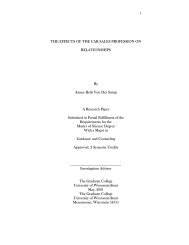Comics Aren't Just For Fun Anymore: The Practical Use of Comics ...
Comics Aren't Just For Fun Anymore: The Practical Use of Comics ...
Comics Aren't Just For Fun Anymore: The Practical Use of Comics ...
Create successful ePaper yourself
Turn your PDF publications into a flip-book with our unique Google optimized e-Paper software.
Recine 46<br />
Muslim superhero comic <strong>The</strong> 99 is internationally distributed, with a message that Islam possesses<br />
“values shared by the entire world” (“About Us”).<br />
With their ties to international popular culture, global politics, and world religions, comics are<br />
turned to by many people who want to glimpse into another culture or get a feel for a different<br />
language. <strong>Comics</strong> have certainly proven useful in out-<strong>of</strong>-school cross-cultural learning among for many<br />
individuals who find themselves faced with a new language and culture. Manas Sanyal, an Indian<br />
migrant to the American Midwest, reports that comics were instrumental in his cultural and linguistic<br />
adjustment. As a child in his home country, Manas and his peers learned English from English language<br />
editions <strong>of</strong> Tintin, Asterix, and locally created comics published by Amar Chitra Katha Media (M.<br />
Sanyal, personal communication, April 13, 2012). Ingeborg Wie Henriksen, a Norwegian national who<br />
studied in America and currently works as a teacher in Oslo, credits American comics not only for her<br />
English pr<strong>of</strong>iciency but also for her knowledge <strong>of</strong> and interest in American culture, a knowledge she<br />
shares with her students (I. Wie Henricksen, personal communication, October 31, 2011). Alex<br />
Hatheway, a bilingual instructor <strong>of</strong> ESL/EFL who teaches international students in the U.S., used<br />
Mandarin language comics to help himself learn Chinese during his years in China and Taiwan (A.<br />
Hatheway, personal communication, July 16, 2012). Erik Meyer, a bilingual substitute teacher who<br />
currently works with ESL/EFL students in the North Dakota’s public schools, also used comics to<br />
create a social and linguistic bridge between himself and his students. He turned to Walter Moer’s<br />
popular German language comic book series Das kleine Arschloch as he acclimated to German culture<br />
and language while he taught EFL in Germany (E. Meyer, personal communication, January 28, 2011).<br />
I myself have learned much about Korean language and culture by reading “Tiger the Long Tail,” a<br />
Korean language fantasy comic and “Nawi Manhwa Yusan Dapsagi,” a Korean language graphic novel<br />
series designed to educate readers about local geography and history.



